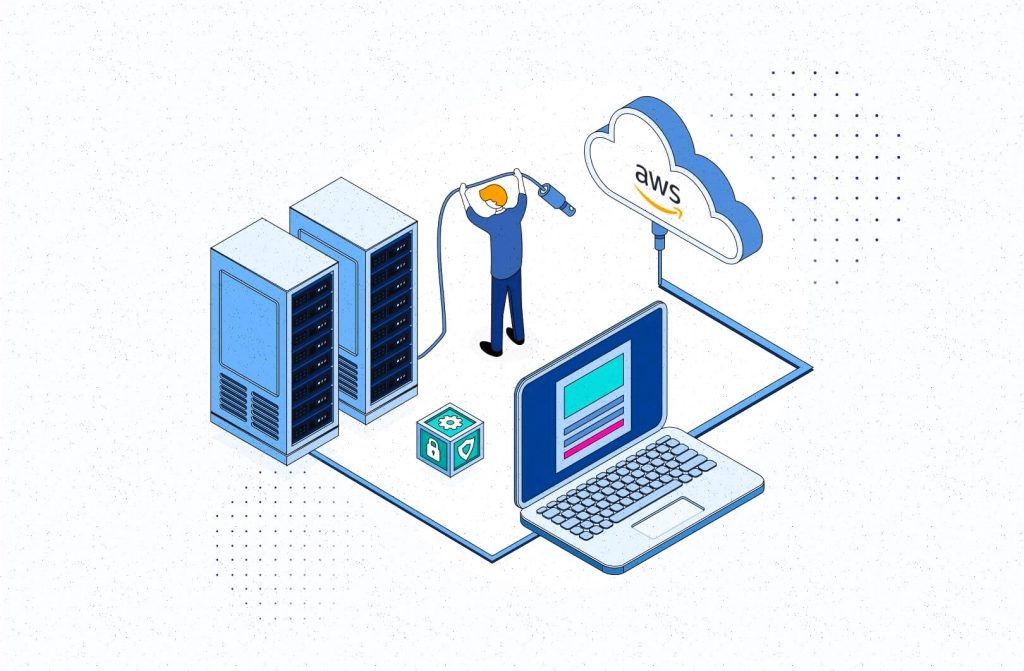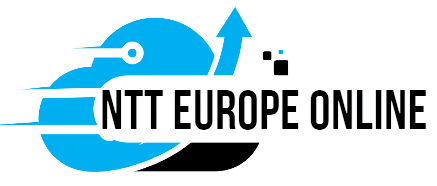The world of hosting services is continuously evolving to meet the demands of an ever-expanding digital landscape. As we approach 2023, several trends are emerging that will shape the future of hosting and redefine how businesses and individuals manage their online presence. In this article, we will explore the key hosting trends to watch in 2023.
1. Edge Computing Goes Mainstream
Edge computing is set to become a dominant force in the hosting industry in 2023. This technology involves processing data closer to the source, reducing latency and improving the overall user experience. Hosting providers are increasingly investing in edge computing infrastructure, allowing businesses to deploy applications and content at the edge of the network. This trend will be especially crucial for real-time applications, IoT (Internet of Things) devices, and content delivery networks (CDNs).
2. Serverless Computing Takes Center Stage

Serverless computing, often associated with Function as a Service (FaaS), is gaining traction as a cost-effective and scalable hosting solution. In serverless architectures, businesses no longer need to manage traditional servers or allocate fixed resources. Instead, they pay only for the computing resources used during the execution of functions or events. This trend is expected to grow in 2023, offering greater flexibility and cost efficiency to developers and businesses.
3. Containerization and Kubernetes Adoption Continues
Containerization technologies like Docker and orchestration platforms like Kubernetes have been on the rise for several years. In 2023, we can expect their adoption to continue as businesses seek efficient ways to manage and deploy applications. Containers provide a lightweight and consistent environment, making it easier to develop, test, and deploy software across different hosting environments.
4. Green Hosting and Sustainability
Sustainability is becoming an increasingly significant concern for hosting providers and their customers. As environmental awareness grows, hosting companies are investing in green technologies and practices to reduce their carbon footprint. Expect to see more hosting providers offering eco-friendly hosting options, such as renewable energy-powered data centers and carbon-neutral hosting plans, in 2023.
5. Quantum Computing Integration
While quantum computing is still in its infancy, it has the potential to revolutionize the hosting industry. Quantum computers can perform complex calculations at speeds unimaginable with classical computers. In 2023, we may see early experiments and integrations of quantum computing into hosting infrastructure, particularly for cryptographic applications and optimization tasks. Explanation of hosting terms, more details in the article about a glossary for beginners.
6. AI and Machine Learning-Powered Hosting
Artificial intelligence (AI) and machine learning (ML) are playing a significant role in optimizing hosting services. These technologies are used for predictive maintenance, security threat detection, and resource allocation optimization. In 2023, AI and ML will continue to enhance hosting providers’ ability to deliver reliable and secure services.
7. Increased Emphasis on Security
Security remains a top concern for hosting providers and their customers. With cyber threats continually evolving, hosting companies will invest heavily in advanced security measures. Expect to see more robust DDoS (Distributed Denial of Service) protection, AI-driven threat detection, and enhanced encryption protocols to safeguard hosted data and applications.
8. Hybrid and Multi-Cloud Solutions
Hybrid and multi-cloud hosting solutions are gaining popularity among businesses seeking flexibility and redundancy. These approaches involve using a combination of on-premises infrastructure, public cloud services, and private cloud environments. In 2023, expect to see continued growth in the adoption of hybrid and multi-cloud strategies as businesses seek to optimize their infrastructure for performance, cost, and resilience.
9. Decentralized Hosting and Blockchain Integration

Decentralized hosting, powered by blockchain technology, is gaining traction as a way to distribute content and applications without relying on centralized servers. In 2023, we may see more decentralized hosting platforms emerge, offering users greater control over their data and content distribution.
10. Compliance and Data Privacy Focus
As data privacy regulations like GDPR (General Data Protection Regulation) and CCPA (California Consumer Privacy Act) continue to evolve, hosting providers will place a stronger emphasis on compliance and data protection. Hosting solutions that offer built-in compliance tools and data privacy features will be in high demand, particularly for businesses operating in regulated industries.
Conclusion
The hosting industry is poised for significant changes and innovations in 2023. From the mainstream adoption of edge computing and serverless architectures to the integration of quantum computing and blockchain, hosting providers are continuously evolving to meet the evolving needs of businesses and individuals in the digital age. Staying informed about these trends and their potential impact can help businesses make strategic hosting decisions to ensure a competitive edge in the dynamic online landscape of the future. As we move into 2023, it’s clear that the world of hosting will be marked by rapid technological advancements and a strong commitment to sustainability and security.

